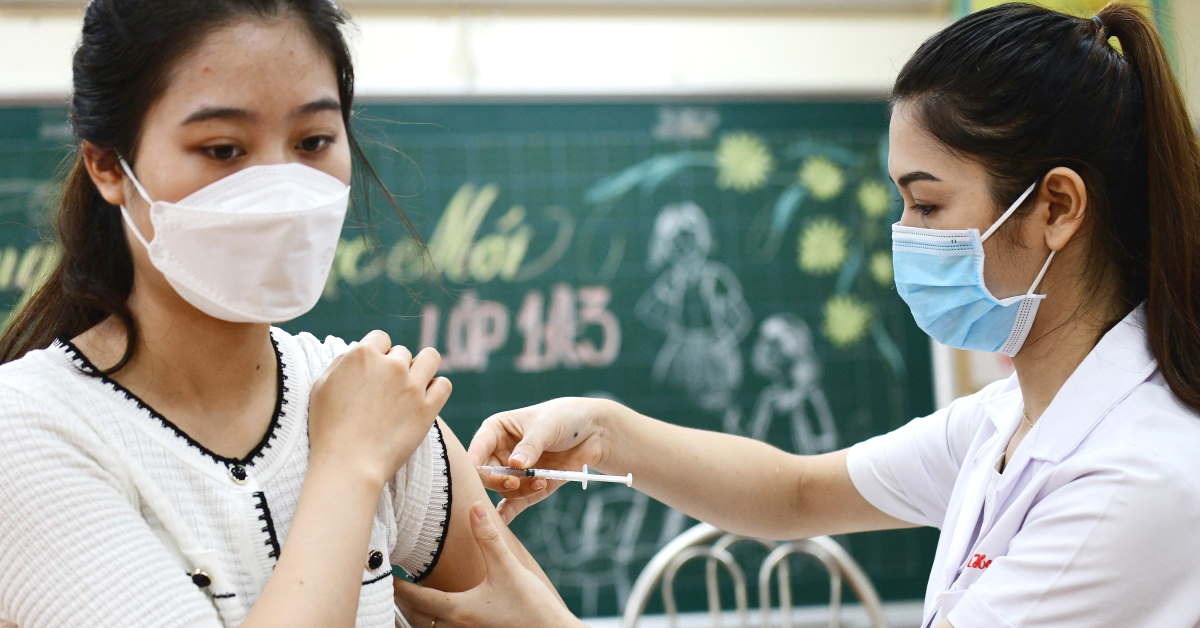Fully vaccinated people were 11 times less likely to die of COVID and 10 times less likely to be hospitalised compared to the unvaccinated since highly contagious Delta became the most common variant, United States (US) health authorities said Friday.
The data came from one of three new papers published by the Centers for Disease Control and Prevention (CDC), all of which underscored COVID vaccines' ongoing effectiveness against severe outcomes.
For reasons that are not yet well understood, data from one of the studies suggests Moderna's vaccine has offered a slightly higher level of protection in the Delta period.
It comes a day after President Joe Biden announced an aggressive new immunisation plan that includes requiring companies employing more than 100 people to either vaccinate their workers or test them weekly.
"As we have shown in study after study, vaccination works," said CDC director Rochelle Walenksy during a press briefing on Friday.
The first study examined hundreds of thousands of cases in 13 US jurisdictions from 4 April – 19 June, the period before Delta was dominant, and compared them to 20 June – 17 July.
Between these periods, a vaccinated person's risk of COVID infection rose slightly: from being 11 times less likely to be infected compared to an unvaccinated person, to five times less likely.
Protection against hospitalisation and death remained more stable, but fell more among people aged 65 and above than for younger age groups.
The CDC and the Food and Drug Administration (FDA) are assessing the need for booster shots, and it is likely the elderly will be among the first to receive them when the Biden administration starts to roll them out later this month.
One of the studies, which assessed vaccine effectiveness from June - August at more than 400 hospitals, emergency departments and urgent care clinics, stratified efficacy by brand.
Efficacy against hospitalisation was highest for Moderna at 95 percent; then Pfizer at 80 percent; and finally, Johnson & Johnson at 60 percent.
Overall efficacy against hospitalization was 86 percent for all age groups but this fell to 76 percent for those over 75.
The two mRNA vaccines, Pfizer and Moderna, have always performed slightly better than the J&J adenovirus vector vaccine – possibly because the latter is administered as one dose.
It isn't clear why Moderna's vaccine appears to have a slight edge on Pfizer in the Delta period.
It could be linked to its higher dosing level of 100 micrograms versus 30 micrograms, or possibly the greater interval between the first and second shots (four versus three weeks), which might be associated with a heightened immune response. – AFP
